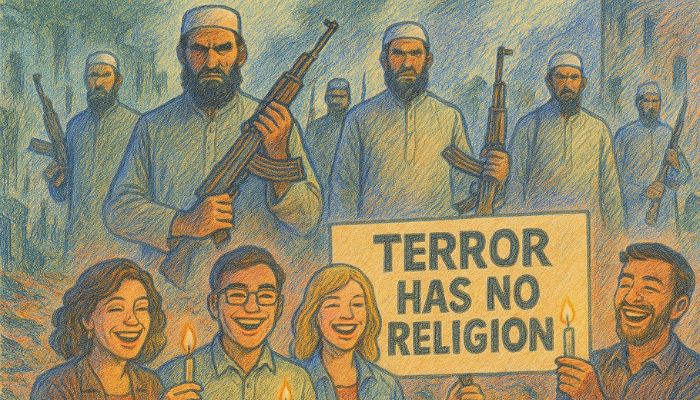When Faith Becomes a Weapon: Tracing Religious Targeted Violence in Kashmir's Troubled Landscape

In the wake of every Islamic terrorist attack, a predictable narrative quickly emerges from certain quarters—a well-rehearsed script that attempts to disconnect these violent acts from their religious underpinnings. The familiar refrain seeks to absolve radical interpretations of Islam from any responsibility, painting these attacks as isolated incidents devoid of deeper ideological roots.
This knee-jerk response has become a standard playbook for terror apologists, who rush to deflect attention from the complex religious and cultural dynamics that fuel extremist ideologies. Instead of confronting the uncomfortable truths about radicalization, they prefer to construct elaborate narratives that minimize the role of religious interpretation in motivating violent actions.
Such apologetic approaches not only sidestep critical analysis but also potentially hinder meaningful dialogue about addressing the underlying factors that contribute to religious extremism. By reflexively dismissing any connection between terrorist acts and religious ideology, these narratives ultimately do a disservice to nuanced understanding and constructive solutions.
The persistent attempt to divorce terrorist violence from its potential religious context represents a dangerous form of intellectual dishonesty—one that prioritizes political correctness over honest, substantive examination of the complex challenges facing modern societies.
